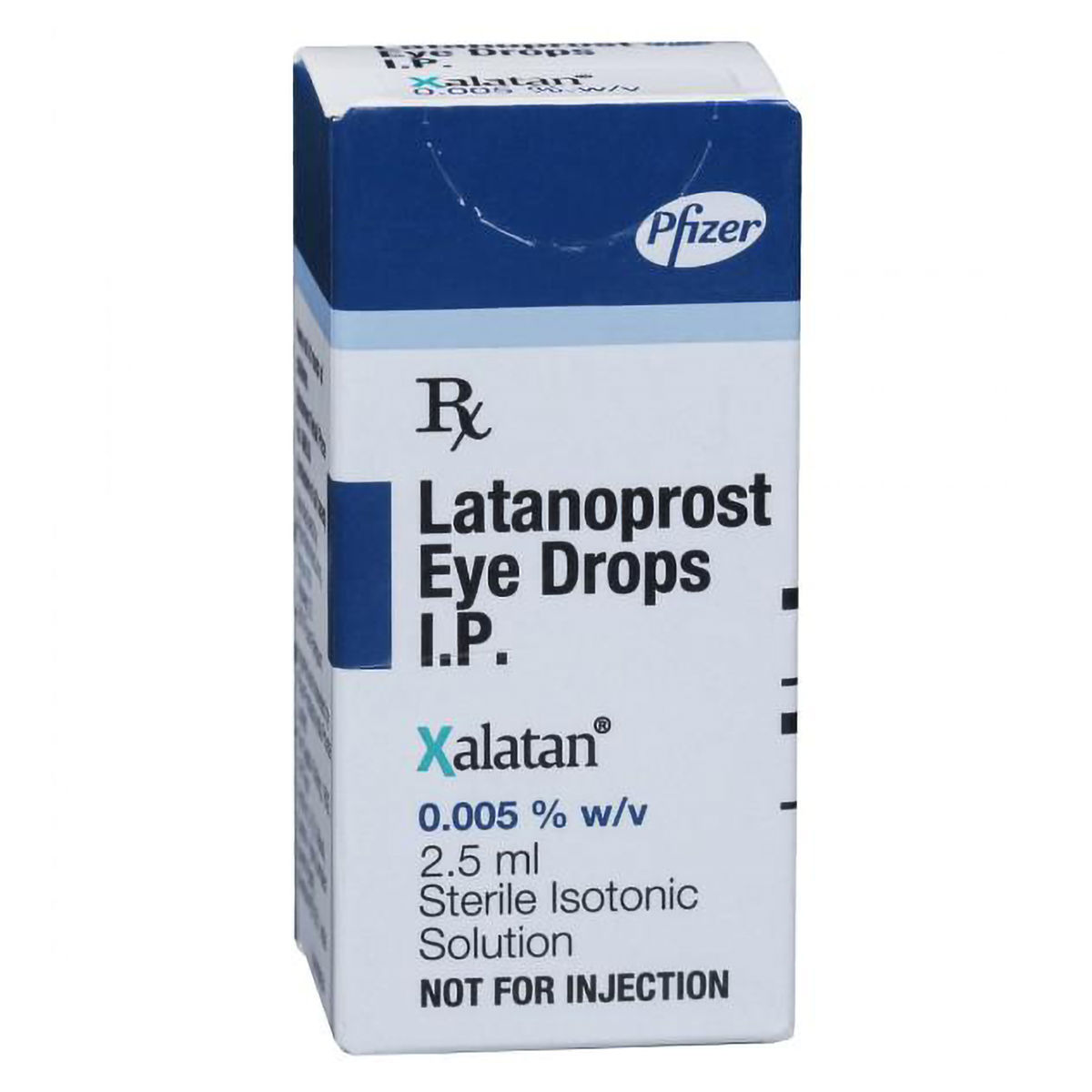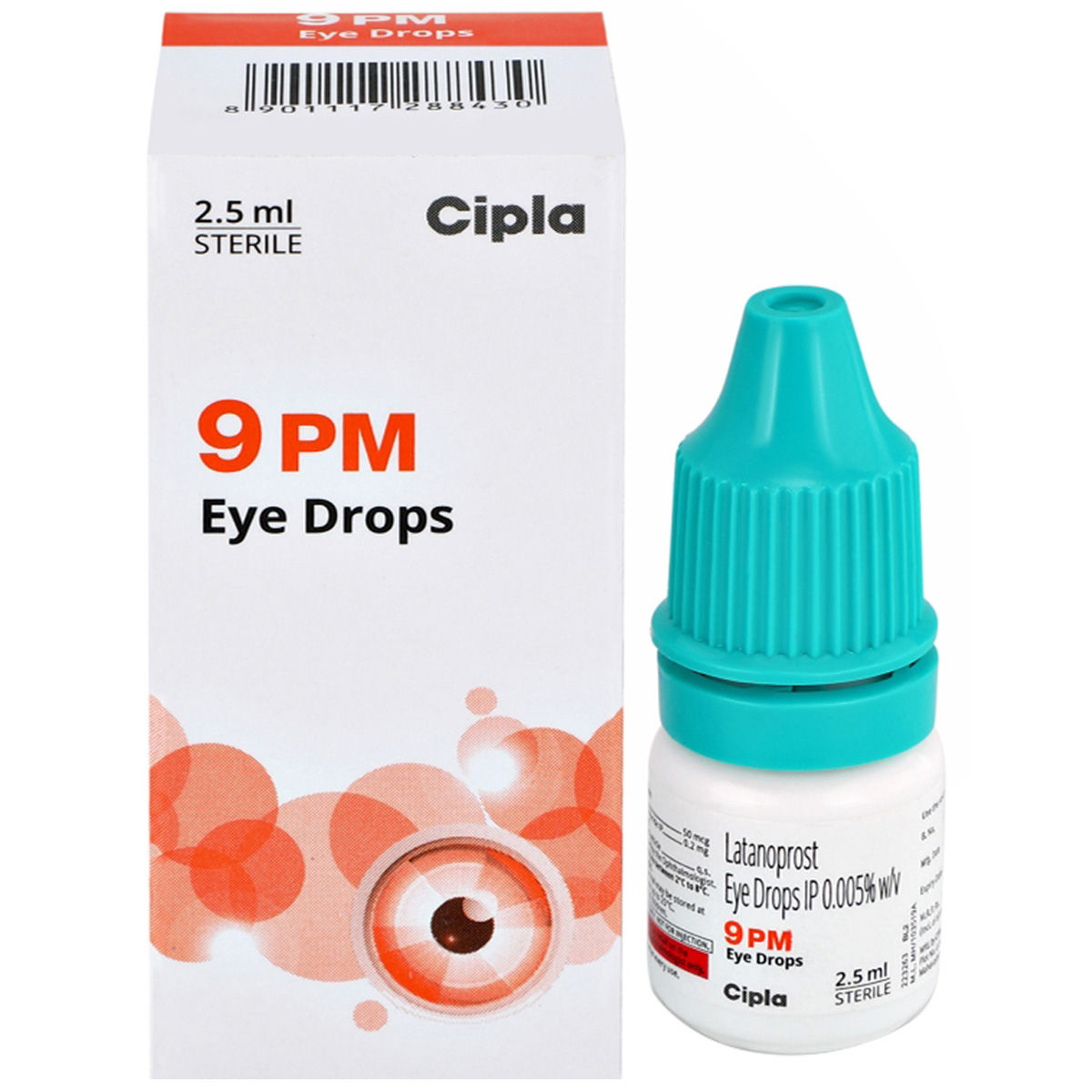Ioptame Eye Drop
₹237.37*
MRP ₹263.75
10% off
₹224.19*
MRP ₹263.75
15% CB
₹39.56 cashback(15%)
Free Delivery
With Circle membership
(Inclusive of all Taxes)
This offer price is valid on orders above ₹800. Apply coupon PHARMA10/PHARMA18 (excluding restricted items)
Know Your Delivery Time
Provide Delivery Location

Available Offers
 Prescription drug
Prescription drugWhats That

Secure Payment

India's Most Trusted Pharmacy

Genuine Products
Composition :
Manufacturer/Marketer :
Consume Type :
Return Policy :
About Ioptame Eye Drop
Ioptame Eye Drop belongs to the class of ophthalmic medications indicated to lower the intraocular pressure in patients with glaucoma or ocular hypertension. Glaucoma is an eye disease that causes damage to the optic nerve and results in reduced vision. Ocular hypertension is increased pressure in the eye due to poor drainage of aqueous humour (fluid in the eye that maintains normal pressure by its continuous flow).
Ioptame Eye Drop contains Latanoprost, and it works by increasing the natural flow of liquid from inside your eye into your bloodstream. This lowers the pressure within your eye and stops your sight from worsening.
Ioptame Eye Drop is for ophthalmic use only. Depending on your medical condition, you are advised to use Ioptame Eye Drop for as long as your doctor has prescribed it for you. Before using it, break the seal and wash your hands to avoid any infection. If you wear contact lenses or wear them, remove them before using Ioptame Eye Drop, and you can put them back 15 minutes after using Ioptame Eye Drop. In some cases, you may experience changes in your eye colour, blurred vision, changes in the thickness, length, or colour of your eyelashes, irritation, and dry eyes. Most of these side effects of Ioptame Eye Drop are temporary, do not require medical attention, and gradually resolve over time. However, if the side effects are persistent, reach out to your doctor.
Put Ioptame Eye Drop only if the doctor prescribes you. Never encourage self-medication or suggest your medicine to someone else. It would be best if you did not stop taking Ioptame Eye Drop abruptly as it may increase eye pressure. Check with your doctor before starting Ioptame Eye Drop if you have dry eyes, cornea problem, asthma, kidney or liver disease. Also, do not stop the Ioptame Eye Drop abruptly as it may lead to severe side effects. Do not take any other eye medication with Ioptame Eye Drop without consulting your doctor. If you are using two eye medications, never put them together; wait for at least 5 minutes and then put the second one.
Uses of Ioptame Eye Drop
Directions for Use
Medicinal Benefits
Ioptame Eye Drop contains Latanoprost, which belongs to a class of medications known as prostaglandin inhibitors. Ioptame Eye Drop is used alone or in combination with other drugs is used to lower eye pressure. It is primarily used in treating high pressure in the eye. It increases the natural flow of aqueous humour from inside the eye into the bloodstream. As a result, the pressure on the eye is decreased. Also, if the pressure is too high and is not treated, it can lead to permanent vision loss. Ioptame Eye Drop should be put only in the affected eye, and contact with the normal eye should be avoided.
How Ioptame Eye Drop Works
Storage
Side Effects of Ioptame Eye Drop
- Change in eye colour
- Redness of the eye
- Inflamed eyelid
- Eye infection (conjunctivitis)
- Irritated eye
- Burning,
- Itching
- Stinging
- Eye colour
- Blurred vision
- Changes to your eyelashes (growing longer and thicker)
- Sensitivity to light (photophobia)
What if I have taken an overdose of Ioptame Eye Drop
Drug Warnings
Do not take Ioptame Eye Drop if you are allergic or hypersensitive latanoprost or prostaglandin inhibitors. Inform your doctor about all the prescription and non-prescription medications you are taking, especially eye medications, products that contain aspirin, and vitamins. If you have a kidney problem, uveitis, asthma, dry eye, herpes simplex eye infection, are pregnant or breastfeeding, inform your doctor before starting Ioptame Eye Drop as a dose adjustment may be required. If you are taking any other eye medication, please tell your doctor prior. If you wear contact lenses or wearing them, remove it before using Ioptame Eye Drop, and you can put it back 15 minutes after using Ioptame Eye Drop. Wash your hands properly before using Ioptame Eye Drop to avoid any infection. If you are using two eye medications, never put them together, wait for at least 5 minutes and then put the second one. Do not use Ioptame Eye Drop with other prostaglandin inhibitors as they are known to contra-indicate.
Diet & Lifestyle Advise
- Avoid alcoholic beverages with Ioptame Eye Drop as it can make you dehydrated and affect the eye's pressure.
- Visit an optician regularly to monitor your eye pressure.
- Try to include heart-healthy omega 3 fatty acid containing food drinks in your daily diet. You can also use low-fat cooking oil like olive oil, soybean oil, canola oil, and coconut oil.
- A diet including green and leafy vegetables, fruits, helps to lower eye pressure.
- Do regular moderate exercise and appropriate rest is important for illness.
- Fruits and vegetables which contain Vitamin A and C help to improve vision and recover from the disease.
Habit Forming
Therapeutic Class
Ioptame Eye Drop Substitute

Xalatan 0.005% Eye Drop 2.5 ml
₹262.45per tabletLatina RT Eye Drops 2.5 ml
₹263.25per tabletLatobest Eye Drops 2.5 ml
by AYUR
₹135.00per tabletLacoma PF Eye Drops 2.5 ml
₹240.75per tablet9 PM Eye Drops 2.5 ml
₹274.75per tablet
Product Substitutes
Alcohol
Safe if prescribed
No interaction is found when Ioptame Eye Drop is taken along with Ioptame Eye Drop.
Pregnancy
Caution
Ioptame Eye Drop eye drops should be used with caution as it is a category C drug. Use only if your doctor feels it necessary to be prescribed if you are pregnant.
Breast Feeding
Caution
Ioptame Eye Drop eye drops should be used with caution as it is a category C drug. Use only if your doctor feels it necessary to be prescribed if you are breastfeeding.
Driving
Unsafe
Ioptame Eye Drop is known to cause blurry vision. So, do not drive a car or operate any machinery before you start feeling better.
Liver
Caution
Ioptame Eye Drop to be taken with caution, especially if you have a history of Liver diseases/conditions. The dose may have to be adjusted by your doctor.
Kidney
Caution
Ioptame Eye Drop to be taken with caution, especially if you have a history of Kidney diseases/conditions. The dose may have to be adjusted by your doctor.
Children
Caution
Sufficient scientific data is not available for use Ioptame Eye Drop in children below the age of 12 years. It should be given by a child specialist under strict medical supervision.
FAQs
Country of origin
Disclaimer
Author Details
We provide you with authentic, trustworthy and relevant information

















